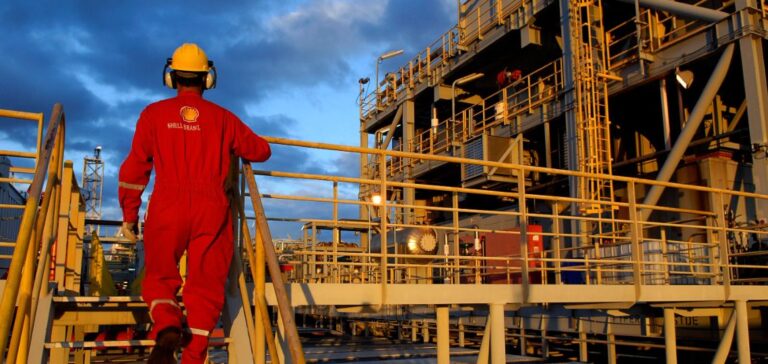Shell Brasil Petróleo Ltda., a subsidiary of Shell plc, has announced the final investment decision for the development of the Gato do Mato field, located in the pre-salt zone of the Santos Basin, offshore Brazil. The project consortium includes Shell as operator (50%), Ecopetrol (30%), TotalEnergies (20%), and Pré-Sal Petróleo S.A. (PPSA), acting as the manager of the production sharing contract. The deepwater field is currently estimated to contain around 370 million barrels of recoverable resources.
Offshore infrastructure targeting 120,000 barrels per day
The development plan includes the deployment of a Floating Production Storage and Offloading (FPSO) unit, designed to reach a production capacity of 120,000 barrels of oil per day. Initial operations will involve the reinjection of natural gas to maintain reservoir pressure, with the option of future export to onshore facilities.
The Gato do Mato project spans two contiguous blocks: BM-S-54, awarded under a concession contract signed in 2005, and Sul de Gato do Mato, secured via a production sharing agreement in 2017. The blocks are located in water depths ranging from 1,750 to 2,050 metres, near the coast of Rio de Janeiro.
Profitability outlook in line with internal targets
Shell stated that the expected internal rate of return for this development exceeds the hurdle rate for its Upstream segment. Production start-up is scheduled for 2029. The project is part of a broader strategy aimed at ensuring stable liquid output and expanding the company’s footprint in high-potential offshore zones.
According to Zoë Yujnovich, Shell’s Integrated Gas and Upstream Director, the development of Gato do Mato aligns with ongoing investment in high-efficiency projects. She noted that this initiative reinforces Shell’s position as the largest foreign oil producer in Brazil.






















